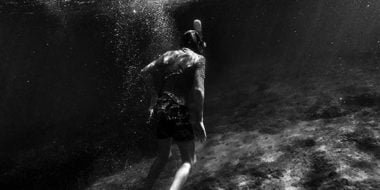A statement is usually recorded in a Police establishment such as a Police station, NPC or NPP. However, the Police may also record statements at the scene of crime or in some cases, at a place convenient to the person who is being interviewed. …
What happens if the person refuses to sign the Police investigation interview statement?
If a person refuses to sign his statement, he may be charged with an offence for which he may be punished with imprisonment for a term of up to 3 months or a fine of up to $500 or both. …
What happens if the person refuses to sign the Police investigation interview statement?Read More
What is recorded in a Police statement?
The statement would comprise of details of the crime or incident such as when and where it happened, the sequence of events, details of the suspects or offenders such as their identities, information on their whereabouts or contact numbers, and other facts which may be helpful and relevant to the …
What happens during Police investigations?
During investigations, the Police may conduct interviews to obtain details of the case. What is told by the witness to the Police during the interview may be recorded in a Police statement. …
What kind of cases does the Police investigate?
The Police are empowered to investigate a range of offences under the law. Some of the more common offences investigated by the Police include those in the Penal Code, Arms Offences Act, Computer Misuse Act, Miscellaneous Offences (Public Order and Nuisance) Act, Betting Act and Common Gaming Houses …
When do Police start investigations?
Investigations will start when the Police receive information of a criminal offence.The Police may also start investigations when directed by a Magistrate, upon examining a complaint lodged by an aggrieved party at the Crime Registry of the State Courts.For more information on Magistrate's …






